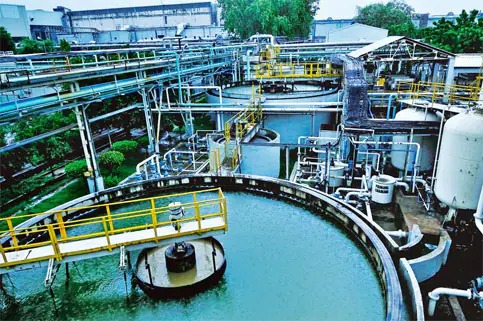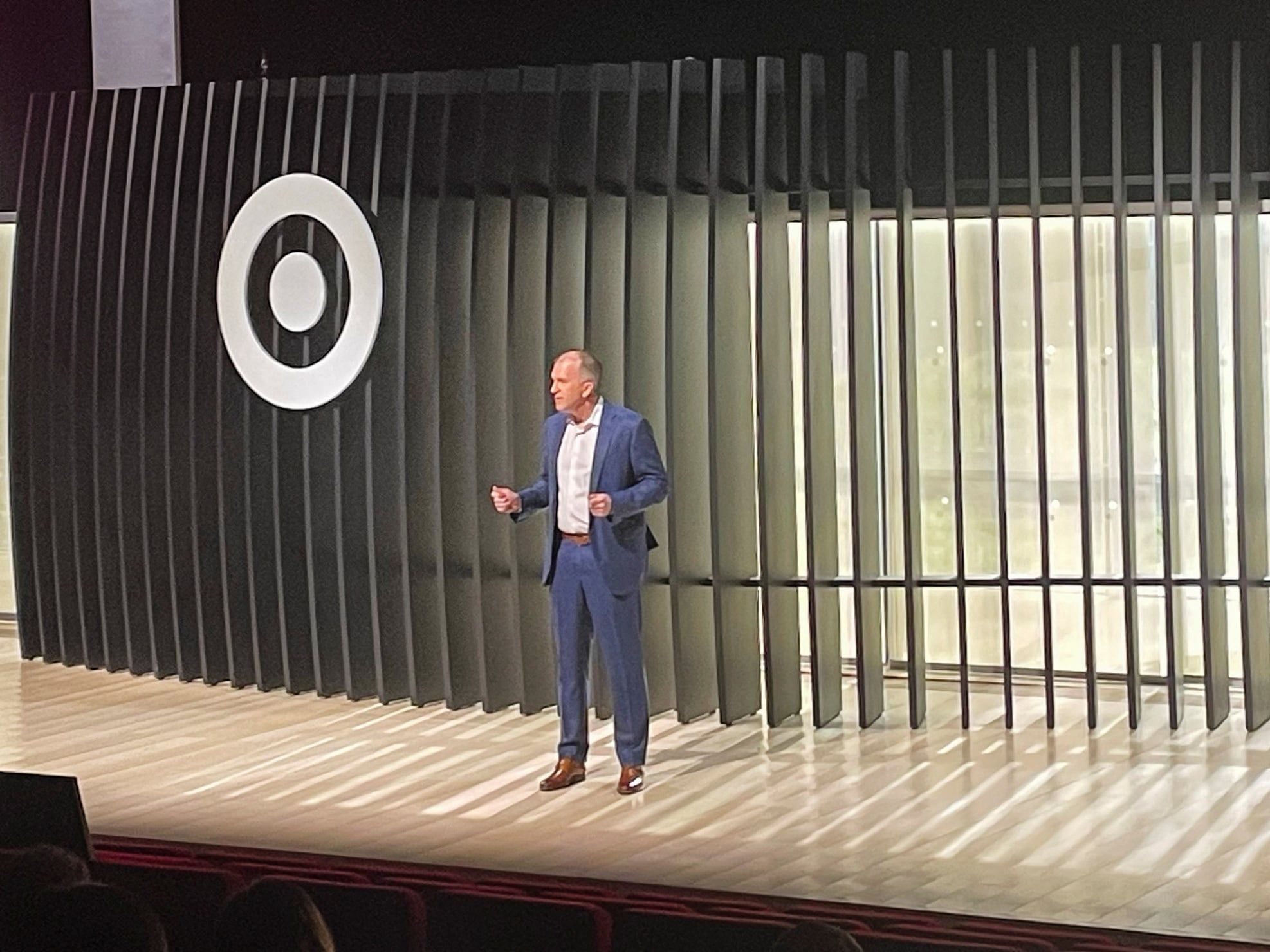
Follow WOWNEWS 24x7 on:

In a major step toward improving urban sanitation and environmental sustainability, the Gurugram Metropolitan Development Authority (GMDA) has announced plans to construct a new sewage treatment plant (STP) in Naurangpur. The proposed facility, with a capacity of 40 million litres per day (MLD), is designed to serve the rapidly developing residential sectors along the Southern Peripheral Road and Dwarka Expressway, including Sectors 77 to 80.
The initiative reflects GMDA’s broader strategy to expand sewage treatment capacity in response to rising urban density and infrastructure demands. A consultant has been appointed to prepare a fresh detailed project report (DPR), which will guide the technical layout and execution of the plant.
Key Highlights from the Project Announcement
- A 40 MLD sewage treatment plant will be built on 2.9 acres in Naurangpur
- GMDA has sanctioned Rs 75 crore for the project and deposited Rs 9.8 crore for land acquisition
- The plant will treat sewage from Sectors 77 to 80 and nearby villages
- Recycled water will be used for horticulture in NSG green zones and diverted to stormwater drains
- A fresh DPR is being prepared to optimize land use and accommodate site constraints
Land Acquisition and Planning Challenges
Originally, GMDA required 3.75 acres for the STP, but only 2.9 acres were made available due to the alignment of a proposed 24-meter-wide road and the presence of a high-tension power line. The land was transferred by the Municipal Corporation of Manesar (MCM), and GMDA paid approximately Rs 3.41 crore per acre for the parcel.
- The site is divided into three parts due to road and power line interference
- Urban local bodies flagged zoning issues, as STPs are only permitted in public utility zones
- The consultant will revise the layout plan to accommodate these constraints
Environmental and Operational Benefits
The new STP is expected to significantly reduce untreated sewage discharge in the region, improving groundwater quality and reducing health hazards. Treated water will be repurposed for horticulture and urban forestry, aligning with GMDA’s green infrastructure goals.
- Recycled water will support NSG campus landscaping and forest area irrigation
- Clean water will be routed to stormwater drains, eventually reaching the Najafgarh drain
- The plant will help reduce mosquito breeding and foul odour in vacant plots
Timeline and Execution Strategy
The DPR is expected to be finalized within three months, after which tenders will be floated for construction. GMDA officials estimate that the STP will take approximately two years to complete once work is allotted. The authority is also planning additional capacity upgrades at existing plants in Dhanwapur and Behrampur.
- DPR completion expected by November 2025
- Construction timeline: 24 months post tender allotment
- Additional 100 MLD capacity planned at Dhanwapur and Behrampur STPs
Urban Growth and Infrastructure Demand
Gurgaon’s expanding residential footprint has placed immense pressure on civic infrastructure. With new clusters emerging along the Dwarka Expressway and SPR, sewage treatment capacity must keep pace to prevent environmental degradation and public health risks.
- Sectors 77 to 80 are among the fastest-growing residential zones
- Existing STPs have a cumulative capacity of over 408 MLD, but demand is rising
- GMDA’s infrastructure roadmap includes decentralized treatment and water reuse
Looking Ahead
The Naurangpur STP represents a critical investment in Gurgaon’s urban resilience and ecological health. As the city continues to grow, such projects will be essential to maintaining livability and environmental standards. Stakeholders across civic bodies, RWAs, and environmental groups are expected to monitor the project’s progress closely.
Sources: Times of India, Hindustan Times



